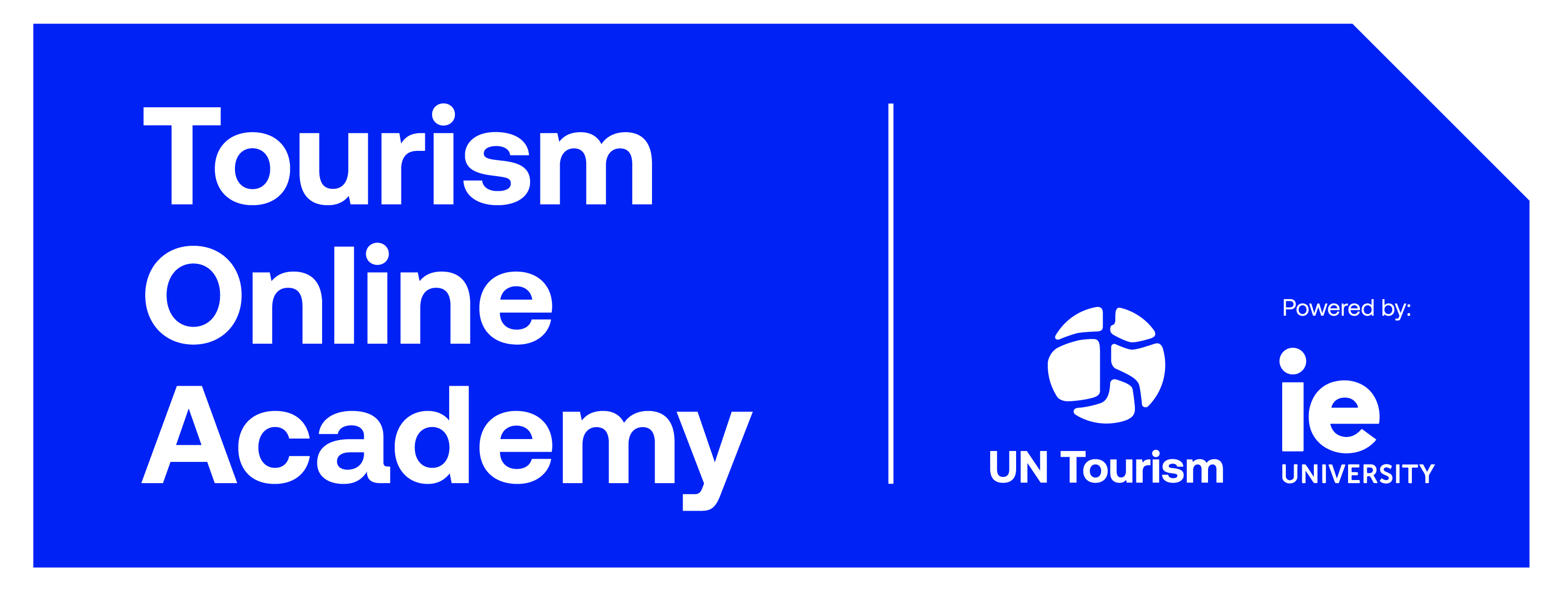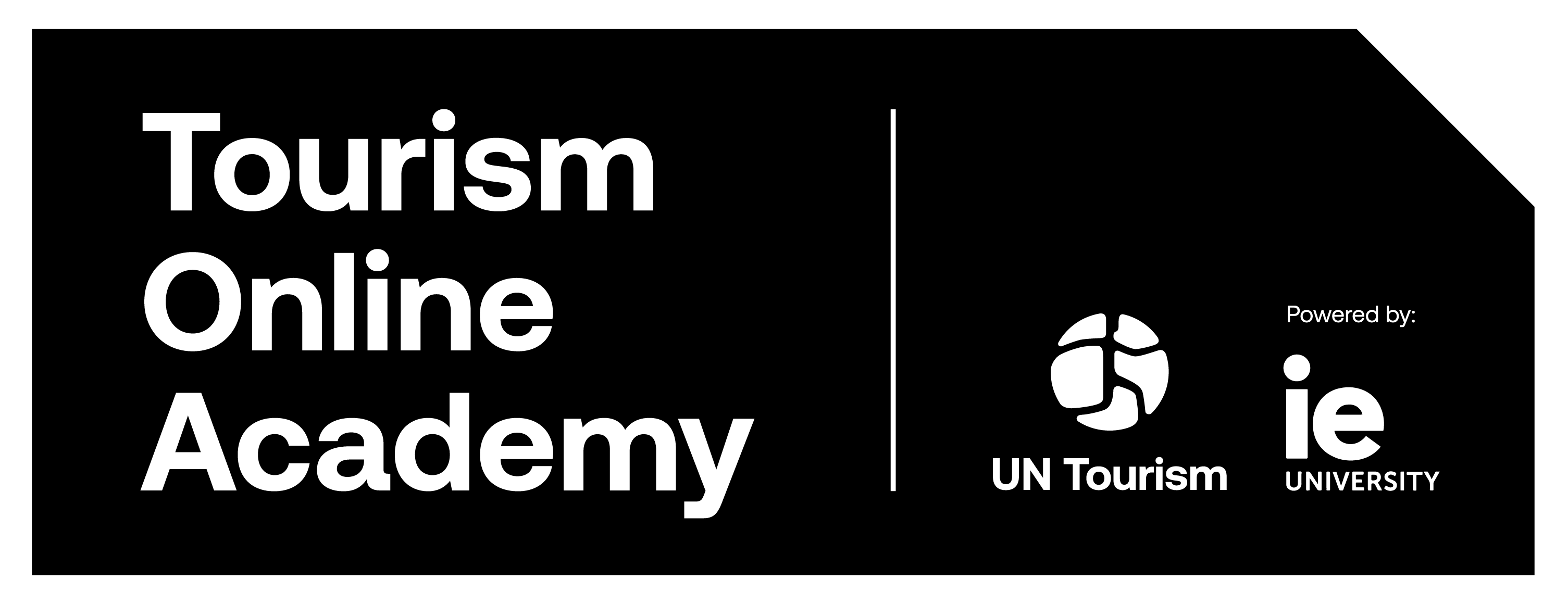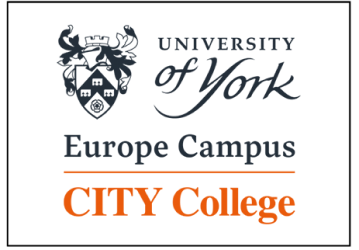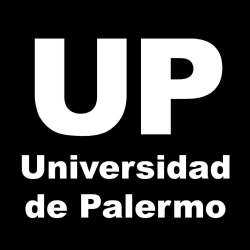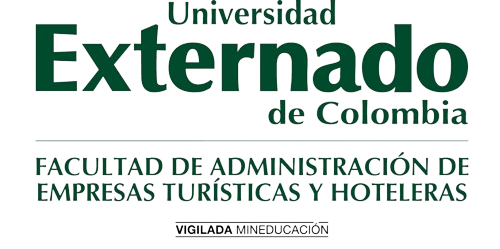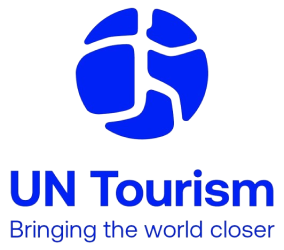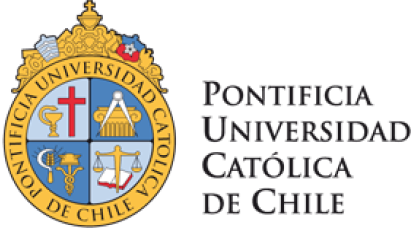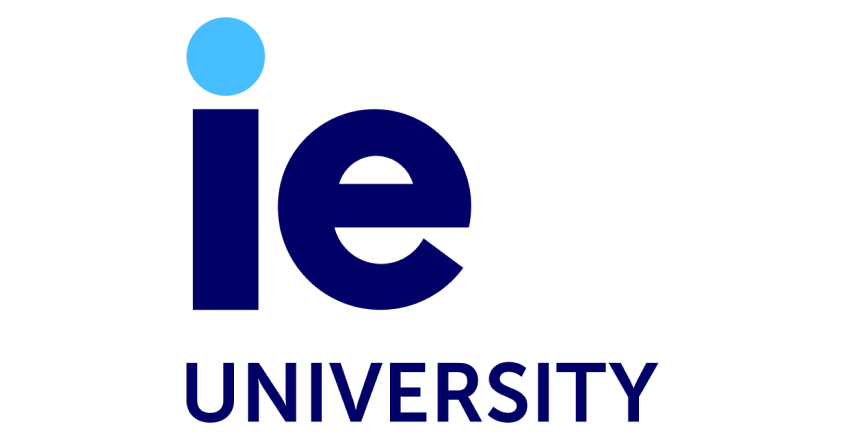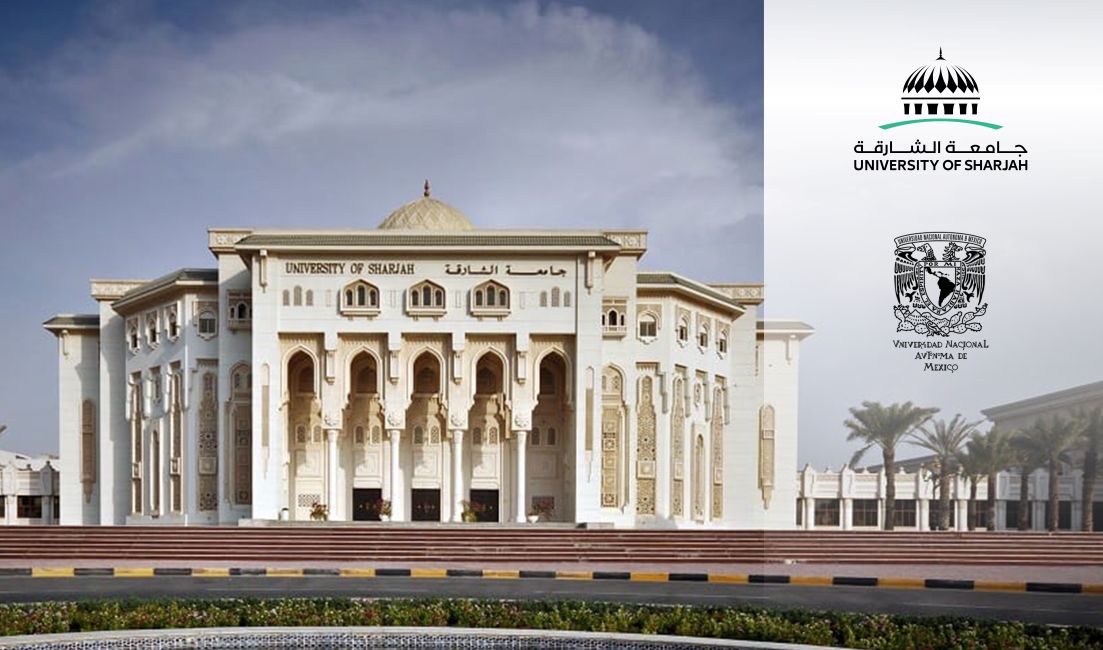
Megan Epler Wood
Principal of EplerWood International
Megan Epler Wood is the Principal of the international consulting firm on sustainable tourism, EplerWood International (EWI) which builds value-added sustainable tourism economies which invest in improved local well-being. Since 2003, EWI has implemented destination development projects at scale in over 30 countries. At Cornell University’s Center for Sustainable Global Enterprise, SC Johnson College of Business, she is the Managing Director of the Sustainable Tourism Asset Management Program (STAMP) which leads research and education on sustainable use of global resources by the travel industry. Her 2017 book, Sustainable Tourism on a Finite Planet is used as a text worldwide and the 2019 report she led on Destinations at Risk; The Invisible Burden of Tourism has reached a broad, global audience fostering keynote speeches, webinars, and international dialog.
Did you like this article and are interested in learning more about the fundamentals of tourism? Then we invite you to enroll today in the Introduction to Tourism- Industry management MOOC!
Visit the course
Digital On-Line Education and Sustainable Tourism
In 2019, destinations worldwide received 1.5 billion international tourists — a new record.[i] While economic data was positive, the escalating costs of overburdened ecosystems and strained infrastructure were causing an invisible burden on destinations worldwide. [ii] Seventy percent of surveyed sites near heritage attractions, along coastal areas, on islands, and in rural areas were affected by environmental impacts in 2019. [iii] However, few solutions were available to tourism managers worldwide via academic training.
Due to the dramatic downturn caused by COVID 19, there has been time to reassess. Improving education on sustainability could not be more timely as tourism is recovering. But the barriers are real. Academics found that while sustainable tourism has been a subject for academic inquiry since 1990 with a robust research community, it is not consistently taught or required in tourism schools worldwide. [iv]
Many professors integrate sustainability principles into their existing courses. But more structured academic curricula around social and environmental management themes are scarce.[v] Clear definitions of the specific topics required for student competency are not in place, causing ambiguity and confusion on what skills are fundamental to the process of implementing sustainable tourism. [vi]
On-line training is a vital solution to fill the present gap in traditional academic settings. For example, there is no question that climate action planning for tourism destinations is of the highest importance, yet few academics teach how to measure climate-related impacts in the field of sustainable tourism. Students surveyed found faculty are resistant to add these topics due to the problem of “crowded curriculums.”[vii]
At present, tourism students perceive they need more practical training with case studies and field- oriented case work.[viii] Online education is surprisingly well-suited to offering practical solutions to complex problems in a wide range of circumstances. For example, data analysis can be introduced and students can learn to apply and test their capacity to manage social and environmental metrics in a range of field scenarios without the expense of travel. A global on-line program will also allow students to share principles and methodologies across disciplines, workplaces, and regions of the world.
As the tourism economy begins to grow once again, many of the same issues of overcrowding, congestion, climate impacts and pressure on fragile environmental and cultural resources will immediately return. Digital on-line education can meet the goals of training professionals and students on sustainable tourism worldwide, using globally accepted methodologies for measuring and managing social and environmental impacts.
[i] World Tourism Organization (2021), International Tourism Highlights, 2020 Edition, UNWTO, Madrid, DOI: https://doi.org/10.18111/9789284422456.
[ii] Epler Wood, M., Milstein, M. and Kathleen Ahamed-Broadhurst, K., 2019, Destinations at Risk: The Invisible Burden of Tourism. The Travel Foundation.
[iii] OECD. OECD Tourism Trends and Policies 2020. OECD Tourism Trends and Policies. OECD, 2020. https://doi.org/10.1787/6b47b985-en.
[iv] Arrobas, Fernando, Jéssica Ferreira, Eduardo Brito-Henriques, and António Fernandes. “Measuring Tourism and Environmental Sciences Students’ Attitudes towards Sustainable Tourism.” Journal of Hospitality, Leisure, Sport & Tourism Education 27 (November 2020): 100273. https://doi.org/10.1016/j.jhlste.2020.100273.
[v] Ibid
[vi] Ibid
[vii] Ibid
[viii] Mínguez, Carmen, Carlos Martínez-Hernández, and Claudia Yubero. “Higher Education and the Sustainable Tourism Pedagogy: Are Tourism Students Ready to Lead Change in the Post Pandemic Era?” Journal of Hospitality, Leisure, Sport & Tourism Education 29 (November 2021): 100329. https://doi.org/10.1016/j.jhlste.2021.100329.
